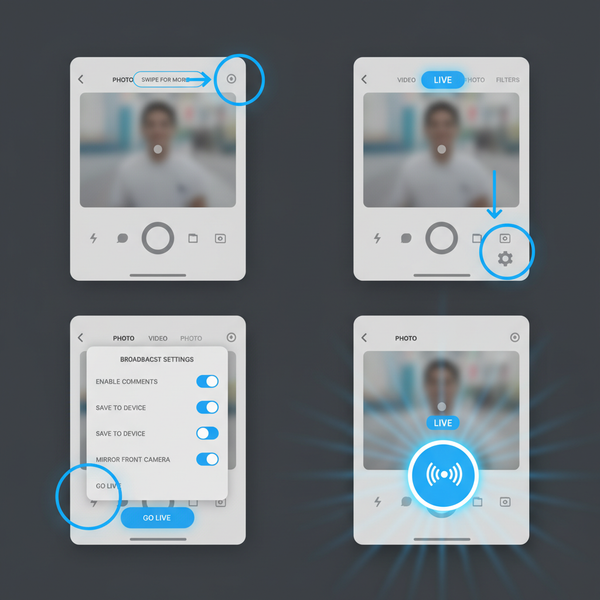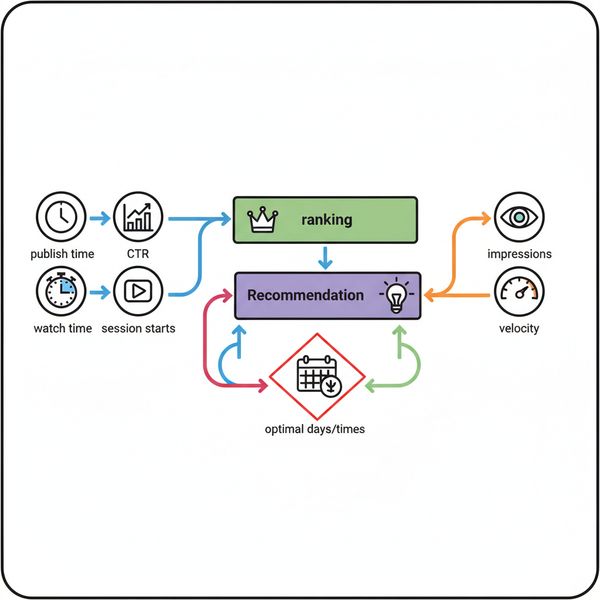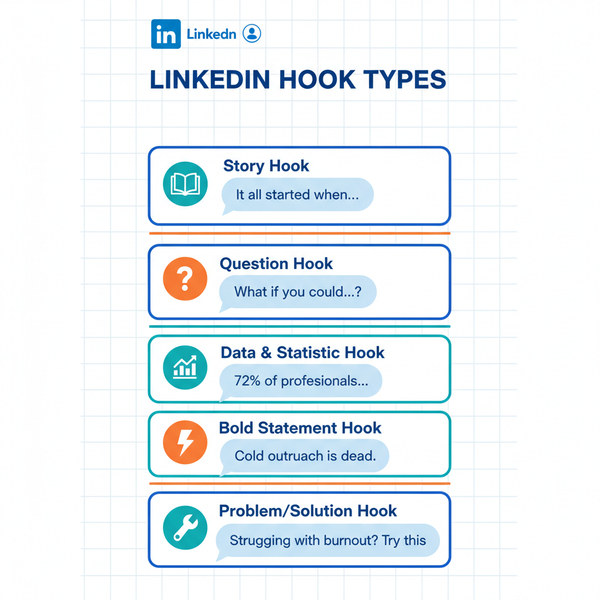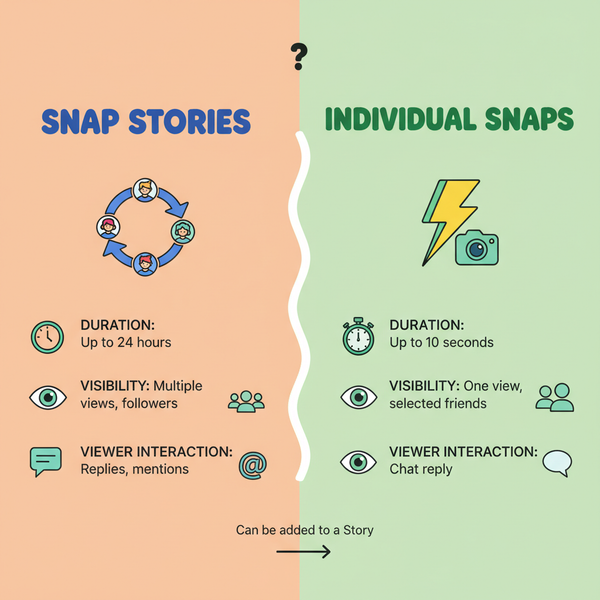Video Editing for Social Media Course: Master Engaging Conte
Learn platform-specific video editing, storytelling, and technical optimization to create engaging social media content across major networks.
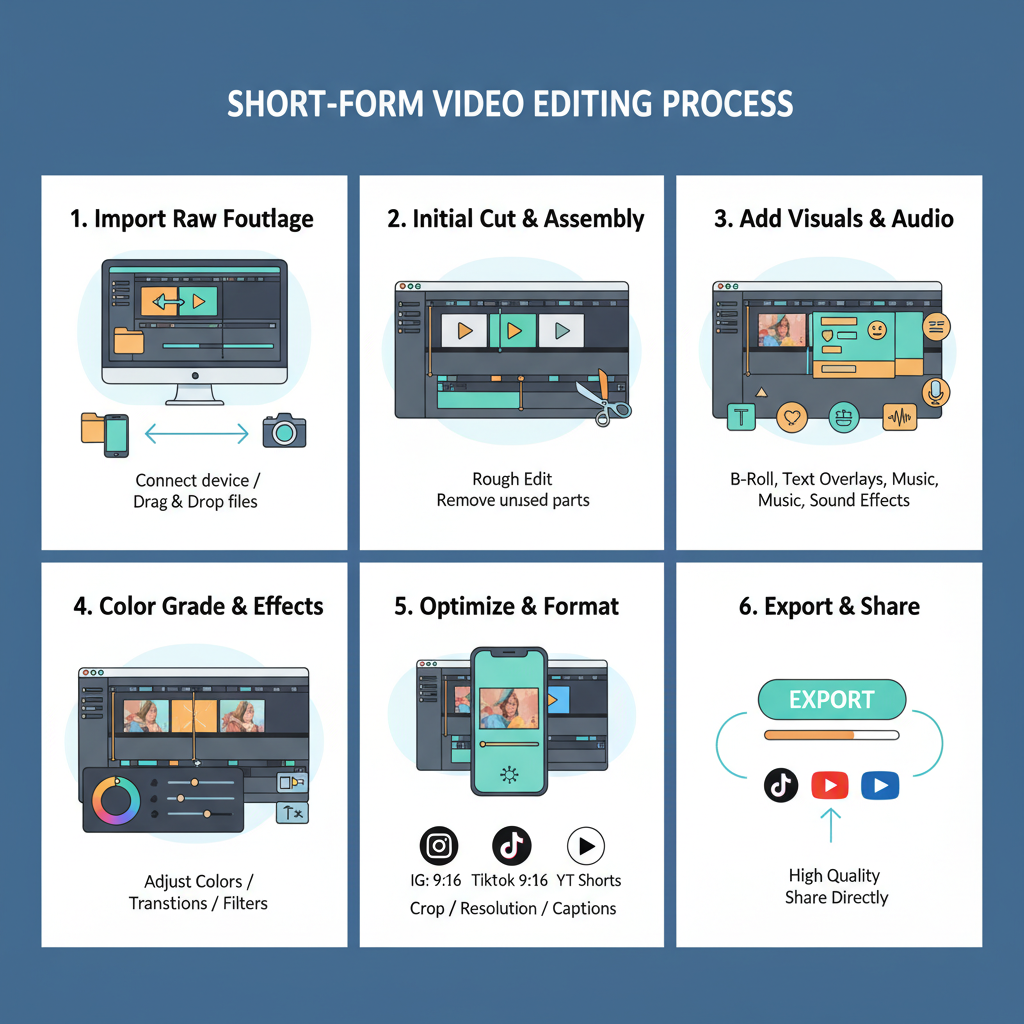
Introduction to Video Editing in the Social Media Landscape
In today’s fast-paced digital world, mastering video editing for social media is essential for capturing attention and driving engagement. Whether you’re a marketer, influencer, or brand creator, social platforms have become the most powerful channels to tell your story — and video is the dominant medium.
A well-edited video not only catches attention within seconds but also delivers a compelling message that prompts viewers to interact, share, or buy. With the rise of short-form formats like Reels and TikToks, content creators must be strategic in both filming and post-production to succeed in a competitive social feed.

From TikTok dances and Instagram reels to YouTube tutorials and LinkedIn thought-leadership clips, each platform poses unique creative opportunities and challenges. This guide takes you through a structured video editing for social media course style workflow so you can produce captivating, platform-ready videos.
---
Understanding Different Platforms: Instagram, TikTok, YouTube, Facebook, LinkedIn
Social platforms cater to different demographics, styles, and technical requirements, making platform-specific knowledge a critical skill for effective editing.
| Platform | Primary Audience | Video Length | Preferred Orientation |
|---|---|---|---|
| 18-34 years, visual-focused | 15s - 90s (Stories/Reels) | Vertical (9:16) | |
| TikTok | Gen Z and Millennials | 15s - 3 mins | Vertical (9:16) |
| YouTube | Wide demographic | 30s - 2 hrs | Horizontal (16:9), Shorts (9:16) |
| 25-44 years | 30s - 5 mins+ | Vertical or Square | |
| Professionals, B2B | 30s - 10 mins | Horizontal (16:9) |
Each platform’s algorithm favors certain styles, viewer behaviors, and video traits. Understanding these nuances guides your editing choices and improves discoverability.
---
Essential Video Editing Tools and Software for Beginners and Professionals
Choosing the right editing software can significantly improve your efficiency and final output quality.
- Beginner-Friendly Tools: Canva Video Editor, iMovie, Filmora
- Professional Tools: Adobe Premiere Pro, Final Cut Pro, DaVinci Resolve
- Mobile Editing Apps: CapCut, InShot, VN Video Editor
When setting up for a video editing for social media course workflow, weigh:
- Ease of use and learning curve
- Integration with publishing platforms
- Built-in templates for common dimensions
- Export presets for optimized formats
- Budget limits
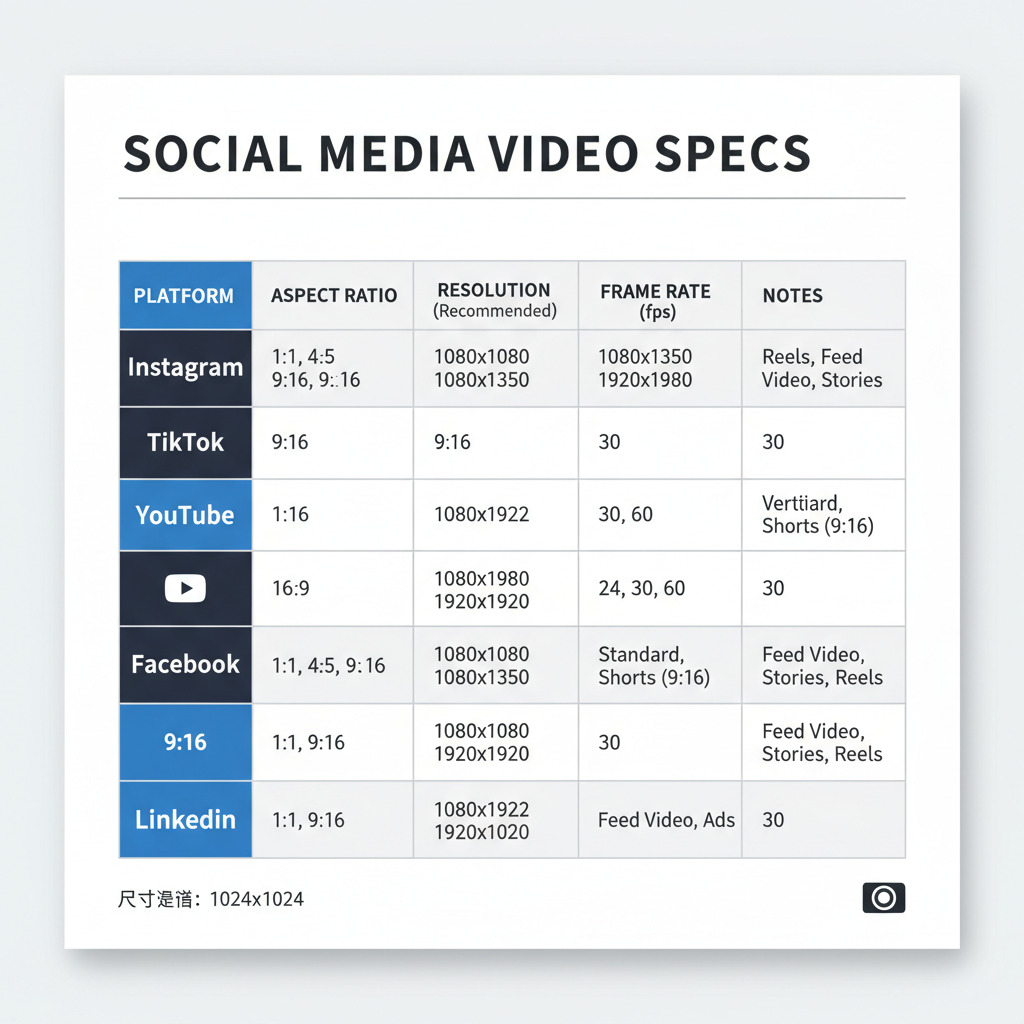
---
Principles of Social Media Storytelling Through Video
Storytelling makes your clips memorable and shareable. Effective editing reinforces narrative flow while meeting strict time constraints. Core elements include:
- Hook – Capture attention in the first three seconds.
- Build-Up – Provide necessary context quickly.
- Climax/Key Message – Deliver your most engaging content.
- Call-to-Action – Prompt likes, shares, follows, or conversions.
Rapid pacing, short paragraphs, and strategic visual cues keep audiences watching until the very end.
---
Optimizing Aspect Ratios, Resolution, and Frame Rates for Each Platform
Getting technical specs right at the start prevents frustration and preserves quality.
| Platform | Aspect Ratio | Resolution | Frame Rate |
|---|---|---|---|
| Instagram Reels | 9:16 | 1080x1920 | 30 fps |
| TikTok | 9:16 | 1080x1920 | 30 fps |
| YouTube | 16:9 | 1920x1080 | 24/30 fps |
| 4:5 or 1:1 | 1080x1350 / 1080x1080 | 30 fps | |
| 16:9 | 1920x1080 | 30 fps |
Pre-defining aspect ratios and resolutions ensures your edits are ready for seamless publishing.
---
Editing Techniques to Boost Engagement: Transitions, Text Overlays, and Effects
High-quality transitions, purposeful text overlays, and tasteful effects enhance production value and viewer engagement.
- Transitions: Keep them quick and polished; avoid overuse of flashy animation.
- Text Overlays: Highlight key messages with clear, bold fonts.
- Effects: Use slow motion or glitches sparingly for emphasis.
Tight edits maximize retention and make your video flow seamlessly.
---
Adding Captions, Subtitles, and Accessibility Features
In sound-off viewing environments, captions become critical. Accessibility-friendly videos reach wider audiences.
Best practices:
- High contrast text for readability.
- Keep captions concise and perfectly timed.
- Provide closed captions where possible.
Modern editing tools often include speech-to-text features, making caption creation faster.
---
Music, Sound Effects, and Audio Mixing for Social Media Videos
Strong audio quality enhances viewer perception and content professionalism.
Key guidelines:
- Music Selection: Choose tracks aligned with your brand tone.
- Licensing: Use royalty-free or platform-approved tracks to avoid copyright issues.
- Mixing: Balance vocals and background music; maintain levels within -12dB to -6dB for music.
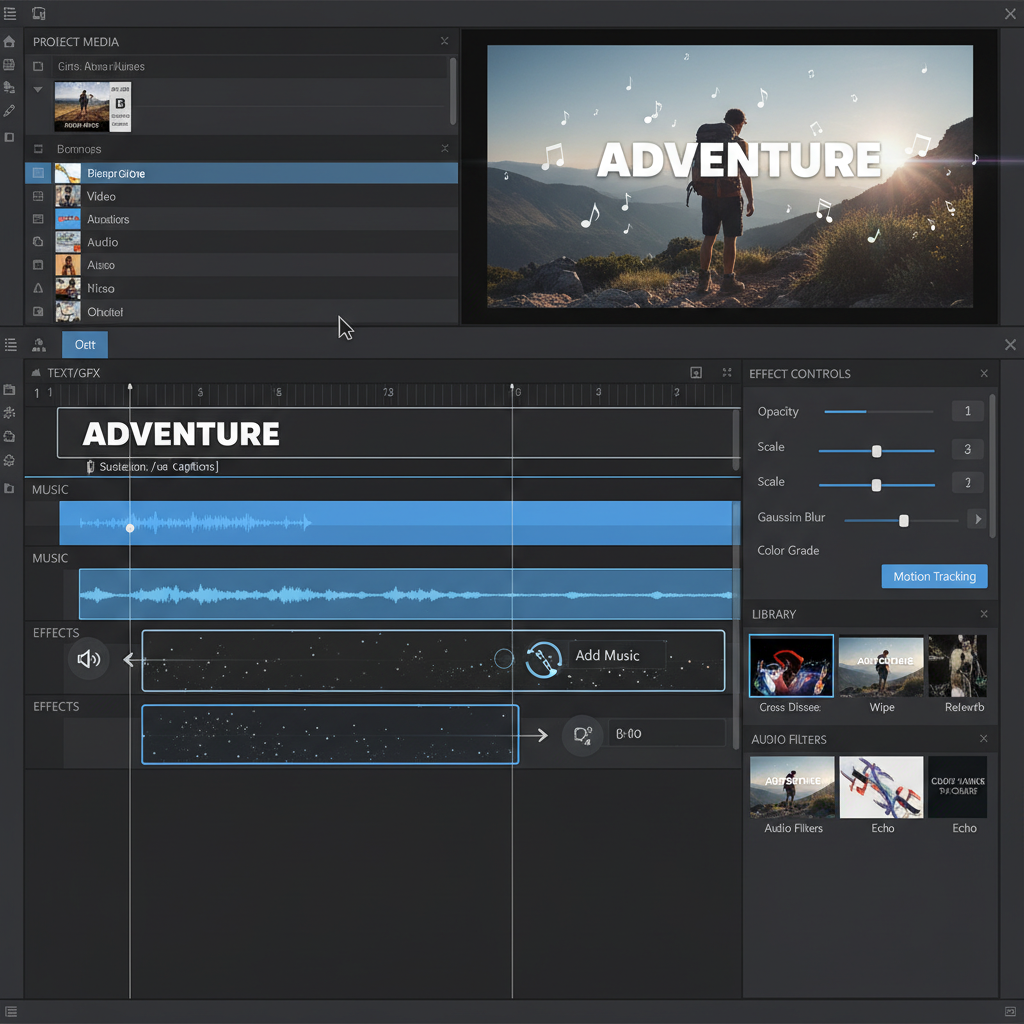
Audio tools like Adobe Audition or built-in editors ensure your mix translates well across devices.
---
Color Grading and Visual Consistency to Build Brand Identity
Visual consistency is important for recognizability and branding.
Steps to maintain:
- Develop a consistent brand color palette.
- Apply LUTs for uniform grading across projects.
- Adjust brightness, contrast, and saturation for optimal platform viewing.
This uniform look helps audiences instantly spot your content in crowded feeds.
---
Exporting and Publishing Best Practices for Different Social Platforms
Proper export settings ensure your videos look sharp and load smoothly.
Export tips:
- Match bitrate to recommendations (10–12 Mbps for 1080p).
- Select H.264 codec for universal compatibility.
- Use built-in platform presets for convenience.
Publishing strategy:
- Post during peak audience times.
- Craft engaging captions with niche-relevant hashtags.
- Track analytics and adapt based on viewer data.
---
Summary and Next Steps
By mastering video editing for social media, you can produce targeted content that resonates across multiple platforms. Strong storytelling, precise technical settings, consistent brand visuals, and smart publishing all contribute to maximum impact.
Ready to elevate your videos? Invest in learning these techniques, keep experimenting with new trends, and watch your audience grow. Start your journey today and make your social video presence truly unforgettable.

